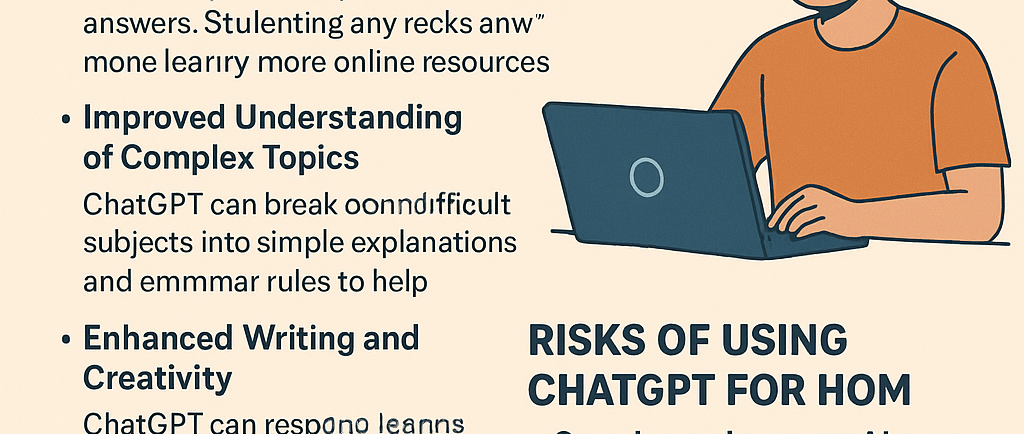How to Balance Studies and Hobbies: A Student’s Guide
Blog post description.


Balancing studies and hobbies is one of the biggest challenges students face today. With the increasing academic pressure and the lure of extracurricular activities, it’s easy to feel overwhelmed. However, maintaining a healthy balance between education and personal interests is crucial for mental well-being, personal growth, and long-term success.
Why Balancing Studies and Hobbies Matters
Hobbies are not just a way to pass the time—they contribute to creativity, stress relief, and skill development. On the other hand, studies are essential for academic achievement and future opportunities. Ignoring either aspect can lead to burnout, lack of focus, and missed personal growth. A balance allows students to excel academically while pursuing passions that bring joy and relaxation.
Practical Tips to Achieve Balance
1. Create a Schedule
Time management is key. Allocate specific hours for studying and dedicate fixed slots for hobbies. For example, set aside two hours for reading or assignments, and one hour for music, painting, or sports. Tools like planners, calendars, or digital apps can help track your daily routine effectively.
2. Set Priorities
Understand which tasks are urgent and important. Academic deadlines take precedence, but hobbies can serve as a reward after completing assignments. Prioritizing helps prevent last-minute stress and ensures consistent progress in both areas.
3. Combine Learning and Fun
Some hobbies can complement studies. For instance, reading fiction improves language skills, and coding as a hobby strengthens logical thinking. Finding overlap allows you to enjoy hobbies while enhancing academic performance.
4. Avoid Multitasking
Trying to study while playing an instrument or scrolling social media can reduce productivity. Focus on one activity at a time to improve efficiency and enjoy the experience fully.
5. Listen to Your Body and Mind
Balance doesn’t mean overloading your schedule. Ensure you have enough rest and downtime. Regular breaks and sleep improve concentration, memory retention, and creativity.
6. Stay Flexible
Sometimes, exams or projects may require more study time. Be flexible and adjust your hobby schedule temporarily. The key is to return to hobbies once academic pressure eases.
Conclusion
Balancing studies and hobbies is achievable with discipline, planning, and self-awareness. Hobbies are not distractions; they are essential for a well-rounded life. Students who manage both effectively experience reduced stress, enhanced creativity, and better academic performance. By prioritizing, scheduling, and staying mindful, you can enjoy your passions while excelling in studies
Start today—plan your schedule, pursue your hobbies, and watch both your grades and happiness soar!
balance studies and hobbies
time management for students
hobbies and academics
study-life balance
#StudyAndHobbies #TimeManagement #StudentLife #HobbyBalance #AcademicSuccess #MentalWellbeing #StudentTips #StudySmart #LifeBalance #PersonalGrowth
